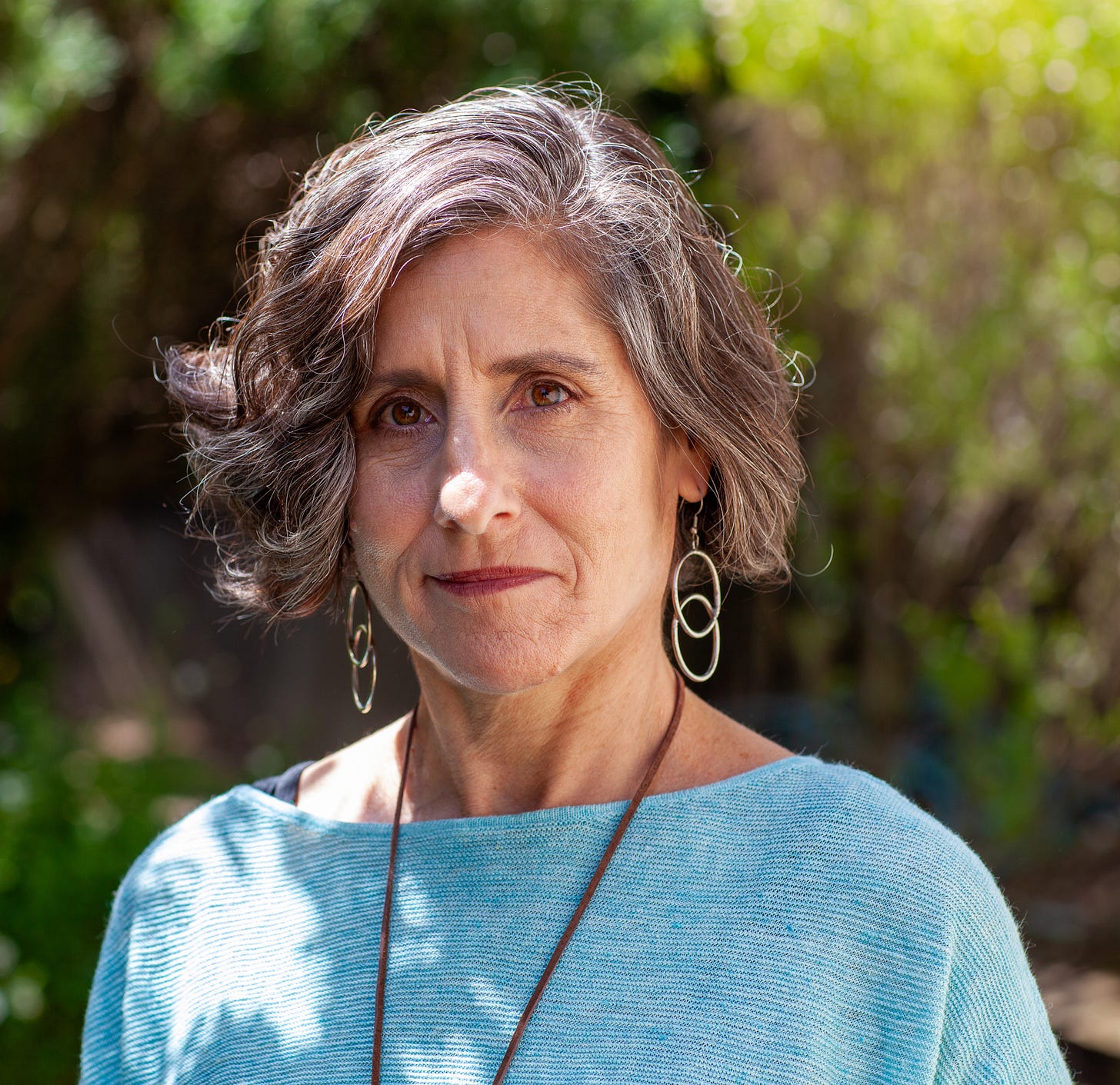The capacity of Generative AI to produce realistic and indistinguishable images and videos is growing exponentially, leaving a trail of creative, ethical and legal quandaries in its wake. It's one thing to Studio-Ghiblify yourself for your Slack avatar and quite another when an historical article is created that promotes an inaccurate account of past events and circumstances.
At a time where false images and videos are being used to distort and manipulate historical, political and social narratives, the importance of verifiable images and a standardised media literacy that can identify AI generated sources is more vital than ever.
I spoke to Rachel Antell, archival producer behind films like Crip Camp, 37 Words, A Revolution on Canvas and Sabbath Queen. As a member of Archival Producers Alliance, she helmed the GenAI initiative, which includes the newly-released Best Practices Tool Kit.
“The instinct is to rush forward and grab the technology and run with it before we really consider the consequences, because everyone's scared of being left behind and missing the train.
That's a very real fear, especially with the current climate. But at the same time, the risks are really great too, in not taking a breath and doing this in accordance with the values that the documentary community has always held. It's an exciting and important moment.”
You can listen to the whole conversation above or read excerpts from our conversation below.
Bella: How did your background lead you to helm the Gen AI Toolkit initiative?
Rachel: I'm an archival producer, which means that I research, verify and license all third party materials for documentary films. About two years ago, in the spring of 2023, Chat GPT came online and all of a sudden it was all over the news.
My partner Jennifer Petrucelli and I started seeing generated images that were hyper realistic. They really looked like the archival images that were being brought into a documentary we were working on and we were really shocked and knew that there were no standards in place. That raised alarm bells, not just for that specific film, but for the documentary industry at large in terms of how AI was going to impact the historical record and the field of documentary.
Jennifer and I reached out to Stephanie Jenkins, a colleague in New York, and we rallied all the archival producers we could find to discuss these ideas. We released an open letter with our concerns which was printed in The Hollywood Reporter and signed by over 100 people. The response was overwhelmingly positive.
Listen to this episode with a 7-day free trial
Subscribe to Doc Voices to listen to this post and get 7 days of free access to the full post archives.












